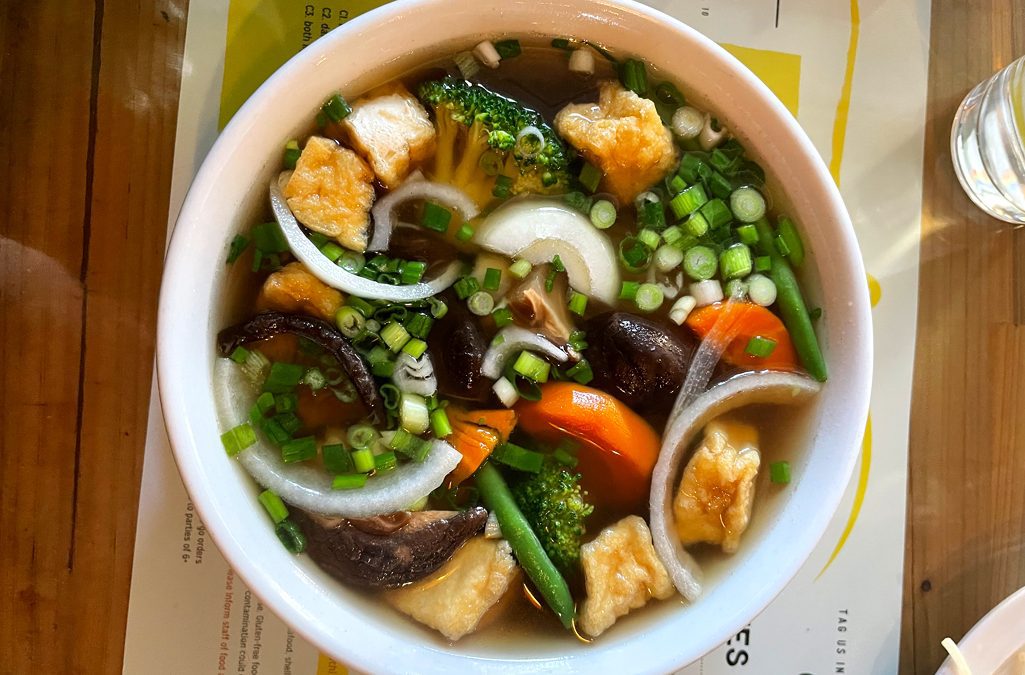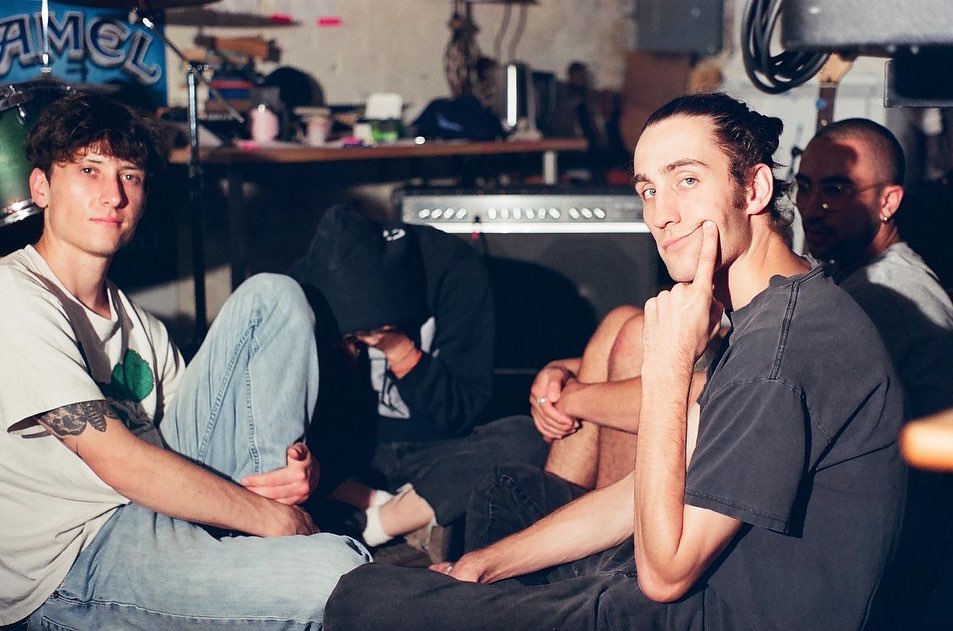A recent report from Axios stated what everyone was already thinking, rents are too damn high. In the heart of Richmond, a housing war is simmering, and the voices of frustrated tenants are getting louder. Picture this: Skyrocketing rents, perplexing move-in fees,...





